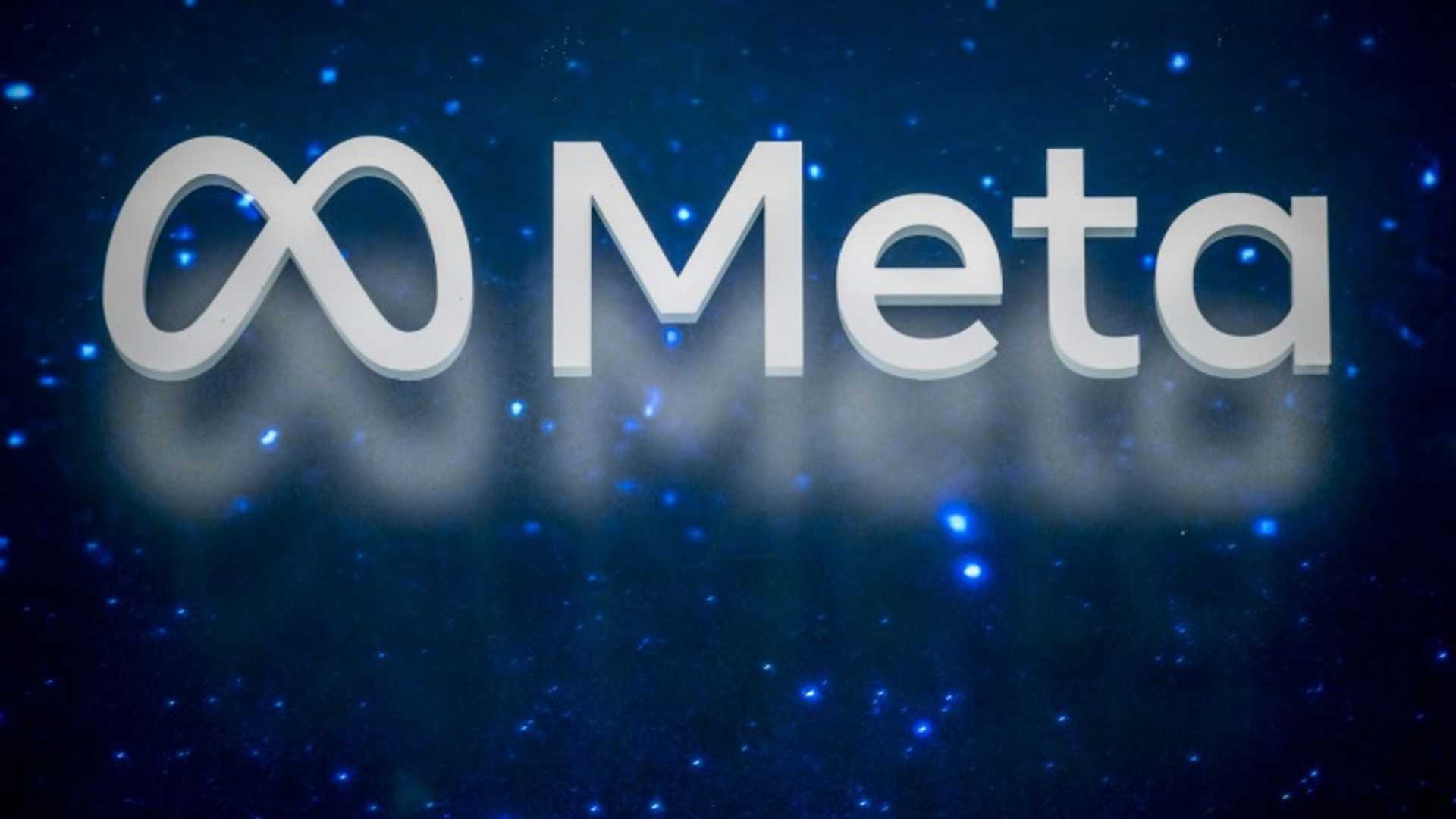US judge sides with Meta in AI training copyright case
A US judge ruled in favor of Meta on Wednesday in a case where authors accused the tech giant of copyright infringement. The authors claimed that Meta violated copyright law by training its Llama artificial intelligence using their works without consent.

District Court Judge Vince Chhabria in San Francisco determined that Meta's utilization of the works for AI training was considered transformative enough to be deemed as "fair use" under copyright law. This marks another legal victory for AI companies this week.
Chhabria acknowledged the concerns raised by the authors regarding the potential impact of training generative AI with copyrighted works. The judge expressed skepticism that using such works to develop AI tools could lead to a flood of competing works that may harm the market for the original creations.
Data requirements for AI training
Training large language models, which power generative AI, necessitates significant amounts of data. Various creators, including musicians, authors, artists, and news outlets, have taken legal action against AI companies for using their content without authorization or compensation.
In response to inquiries, a Meta spokesperson stated, "Open-source AI models play a crucial role in driving innovation and creativity, benefiting both individuals and businesses. The fair use of copyrighted material is essential for the advancement of transformative technology."
Legal battle details
In the case presented to Judge Chhabria, a group of authors sued Meta for allegedly downloading unauthorized copies of their works to train the open-source Llama generative AI. The books involved in the lawsuit included Sarah Silverman's "The Bedwetter" and Junot Diaz's "The Brief Wondrous Life of Oscar Wao."

Chhabria clarified that the ruling did not signify that Meta's actions were lawful. Instead, it highlighted the plaintiffs' failure to present valid arguments and establish a supporting record.
Throughout the ongoing legal dispute, AI companies have maintained that their practices constitute fair use, emphasizing the transformative nature of training AI models on extensive datasets as essential for innovation.










